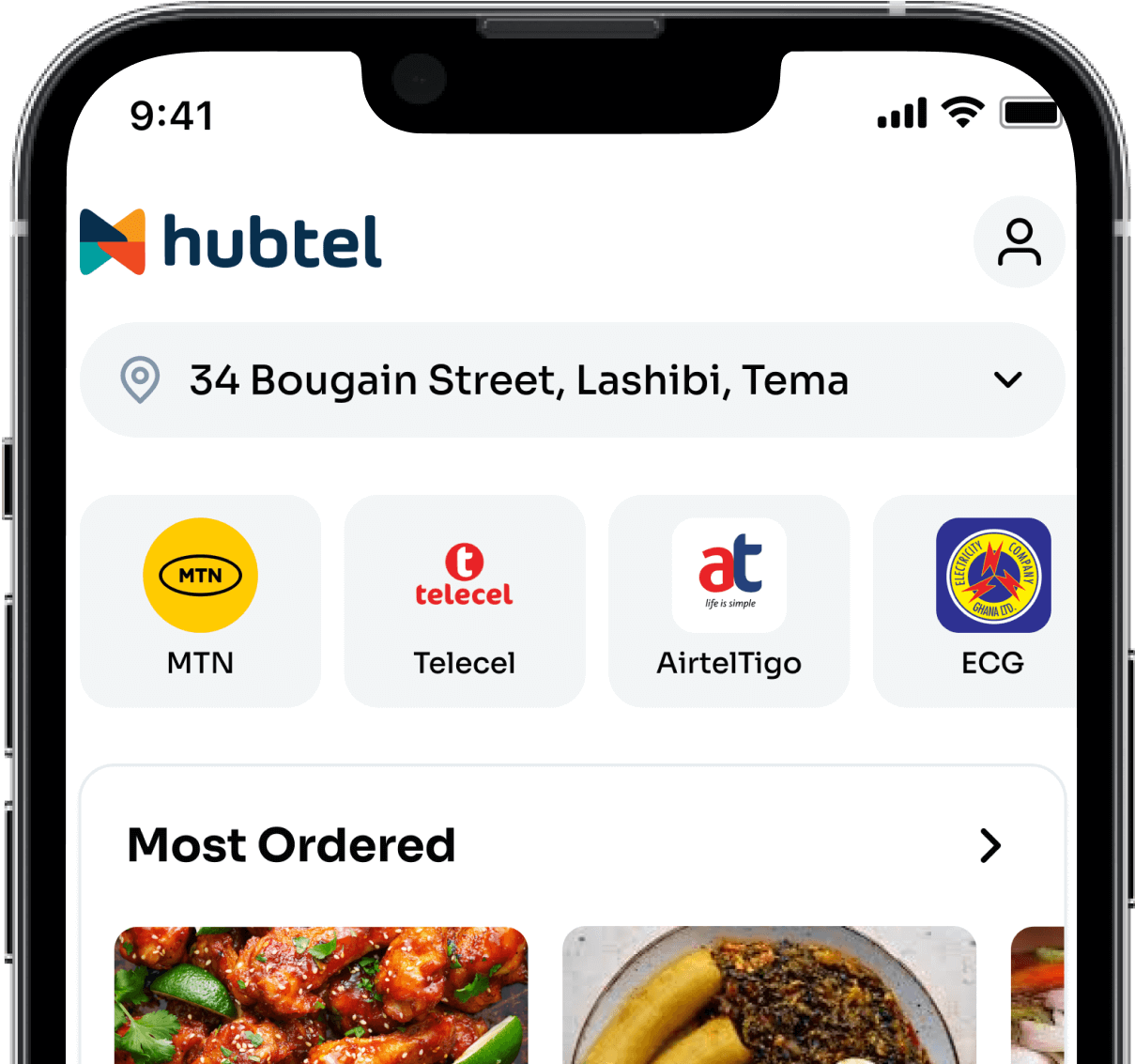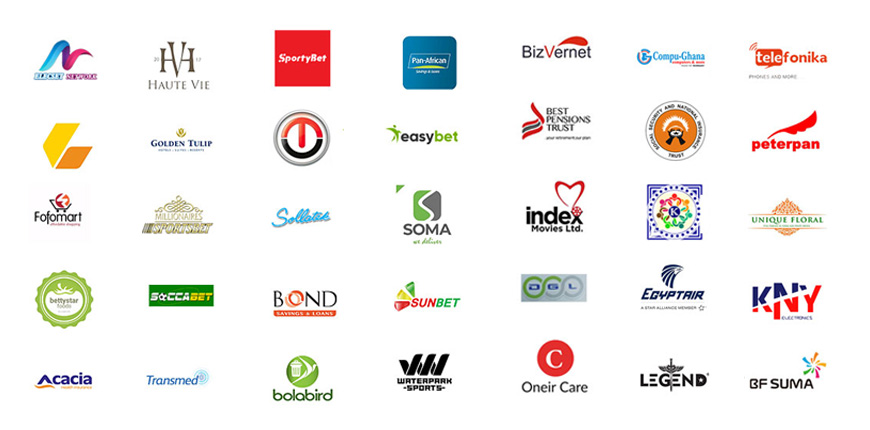
Businesses have been urged to introduce electronic payment systems to improve the services they render to their clients.
The Chief Technology Officer of MPower Payments Limited (MPL), Mr Alfred Rowe, said although businesses had moved in quickly with the proliferation of the Internet and were using it to expand their services to reach customers and interact with them, businesses had not innovated around payments.
“We have all been to websites where you fill some forms and when you finish they tell you to find one of their branches and make payments. So you see it defeats the full purpose of going online. What’s the use for a customer to come online, perform a service, and then cannot pay but has to manually enter a premises to complete payment,” he said.
He was speaking at Joy Technology Innovative Summit (JOTIS 2015) at the Kofi Annan ICT Centre in Accra on October 20. He urged businesses in Ghana to set up dedicated technology departments for e-payment to help customers take advantage of it.
E-payment system is a way of paying for goods or services electronically, instead of using cash or cheque, go in person or by mail.
The system is generally categorized into four, namely, credit card and debit cards, electronic cash, micropayment systems, and session-level protocols for secure communications.
Mr. Rowe said, unlike the early 90s when people went to the post office to mail letters, the invention of email had overtaken the way the postal system worked.
“Now there are generations who have not written letters before because of email. What email did to the postal system e-payment is going to do the same to cash, going forward. It will get to a point where normal day-to-day transactions will be done electronically because the average modern-day customer is a very digitalized customer who pays school fees, bills, and other services electronically without spending time,” he said.
He said e-payment had many advantages and was transforming businesses such that some traditional businesses had expanded their service delivery to make more revenue.
“A traditional business like the Electricity Company of Ghana (ECG) has expanded its service delivery to customers electronically. From the comfort of their homes, customers can now pay for their bills. What this means for ECG is that it can sell to customers at all times. It means business is now 24 hours and is not limited to location,” he said.
The Chief Executive Officer of SOFTtribe, Mr. Herman Chinery-Hesse, said most of the challenges confronting developing countries could be solved through simple technology and that it did not require big industries to solve them.
He advised up-and-coming technology innovators to avoid innovations that required large organizations of governments.
“The reason why I say this is that from experience it’s a very challenging environment and need to avoid plenty of problems. So if you can avoid it and rather come out with ideas that address the problems of the masses, or else the process of getting it into use may be long and you may be disappointed,” he said.
He said young innovators should again avoid developing technology programs that required permits or changes in law and must also avoid cut and paste.
“A lot of our young people come and chat with me and say I just invented something but they describe and you realize it is something you have read about before. It’s like re-hashing Michael Jackson’s song. Dishonesty kills innovation so you actually have to innovate properly,” he said.
Source: GhanaWeb

Related
October 11, 2019| 2 minutes read
October 4, 2019| 2 minutes read
The History of Online Shopping
September 20, 2019| 2 minutes read








